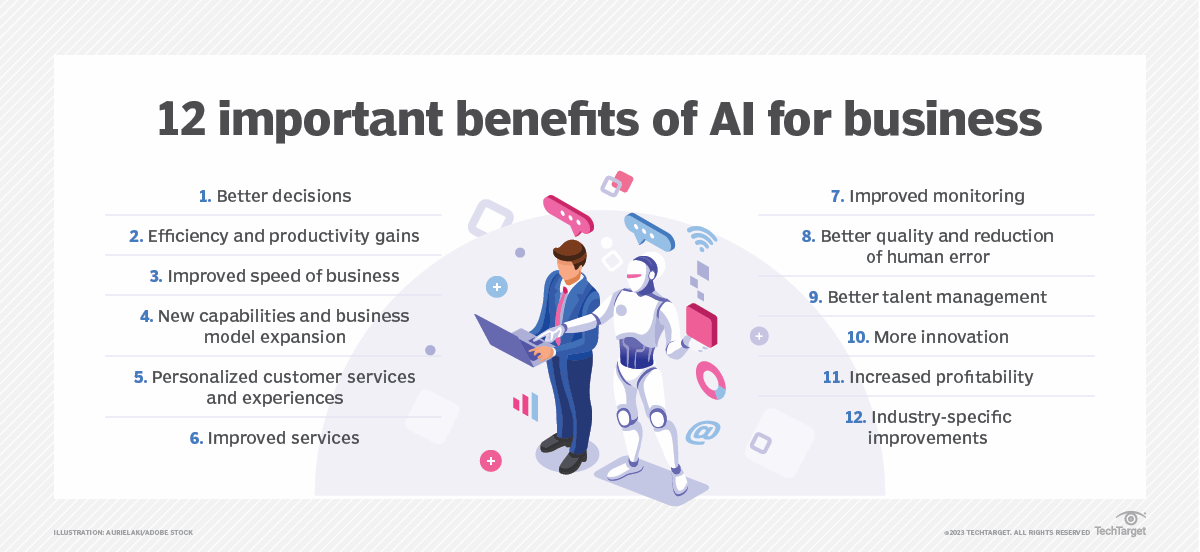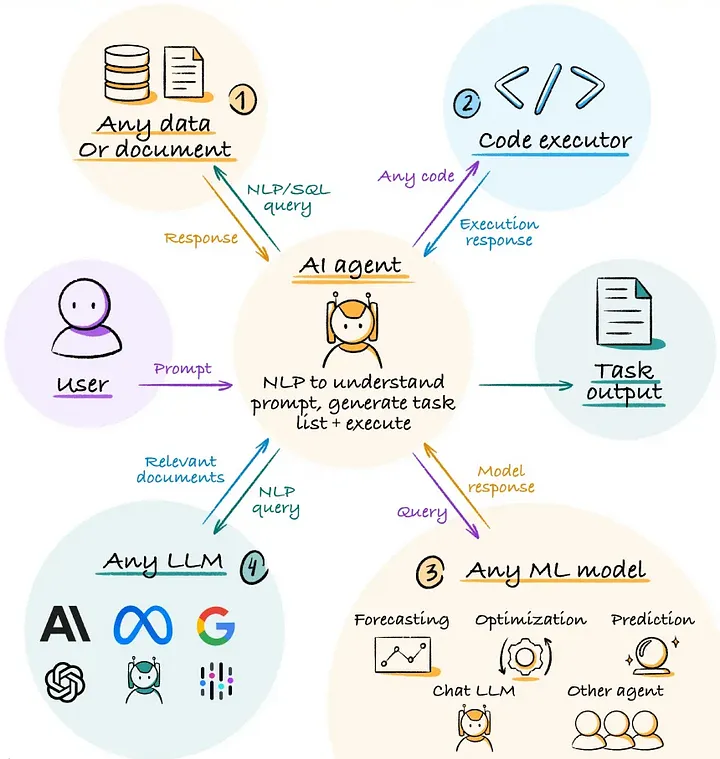Table of Contents
In today's rapidly evolving digital landscape, Artificial Intelligence (AI) is no longer a futuristic concept — it's the engine driving innovation across industries. From healthcare and finance to education and agriculture, AI is transforming how businesses operate, compete, and grow.
But despite its proven potential, many businesses are still hesitant to adopt AI solutions. Concerns about costs, complexity, and disruption often hold companies back. The truth is, delaying AI integration could mean falling behind competitors who are already leveraging its power to optimize processes, reduce costs, and deliver superior customer experiences.
In this blog post, we'll explore why AI adoption is no longer optional — it's essential.
1. AI Improves Decision Making
Data is the new oil. But without proper tools, data alone can be overwhelming. AI turns vast amounts of data into actionable insights, helping businesses make faster and smarter decisions. Predictive analytics, machine learning models, and real-time reporting empower companies to anticipate market trends, understand customer behavior, and identify new opportunities with precision.
Example:
Retail giants use AI to forecast demand more accurately, adjusting inventory levels to maximize profits and minimize waste.
2. AI Enhances Customer Experience
In an age where customer expectations are higher than ever, personalization is key. AI helps businesses create tailored experiences through recommendation systems, chatbots, and intelligent virtual assistants. These tools ensure 24/7 support, quick query resolution, and personalized interactions — all critical for building lasting relationships.
Example:
Netflix’s AI-driven recommendation engine is responsible for over 80% of the content watched on the platform.
3. AI Boosts Efficiency and Cuts Costs
AI can automate repetitive, labor-intensive tasks, freeing up human workers for more strategic roles. Whether it’s automating invoice processing, detecting fraud, or optimizing supply chains, AI drives operational efficiency while reducing human error and overhead costs.
Example:
Banks use AI to automatically flag suspicious transactions, protecting customers and reducing losses without extensive manual intervention.
4. AI Unlocks New Business Models
Businesses that adopt AI can unlock new revenue streams and even transform their core offerings. With AI, companies can create smarter products, deliver services more efficiently, and enter markets previously thought unreachable.
Example:
Self-driving cars, AI-powered medical diagnostics, and predictive maintenance services are just the beginning of new AI-enabled industries.
5. AI is Becoming More Accessible
Gone are the days when AI was only for tech giants with deep pockets. Thanks to open-source frameworks, cloud-based AI services, and pre-trained models, businesses of all sizes can now experiment, innovate, and scale their AI initiatives faster and more affordably than ever before.
Final Thoughts
Investing in AI isn't just about staying current — it's about staying competitive. Early adopters are already reaping the rewards of AI-powered transformation. If you haven't started exploring how AI can enhance your business, now is the time.
Start small, pick a use case that aligns with your goals, and build from there. The future belongs to those who innovate — and in today’s world, innovation begins with AI.


